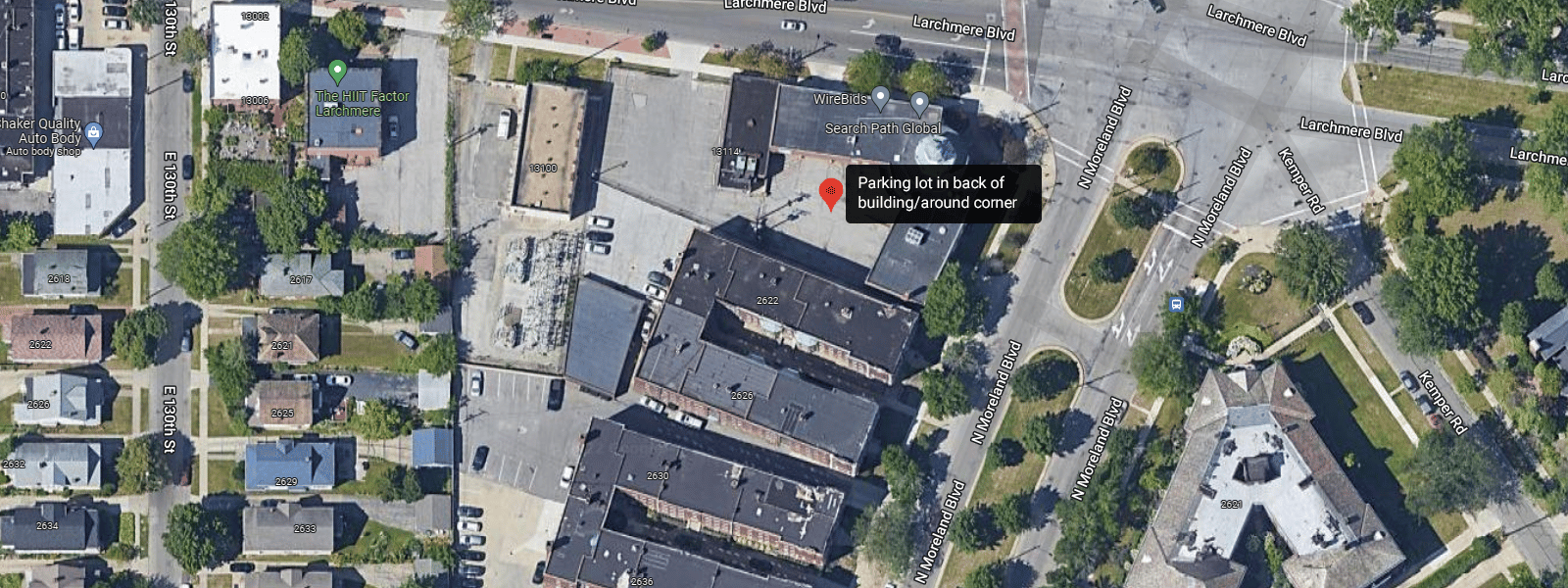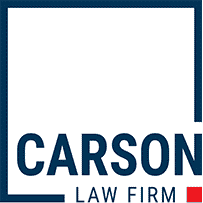We detailed the traditional types of financing available to residential property investors in an earlier post. To recap, when you’re about to sign a purchase agreement, it’s important to consider whether you want the property to be titled in the LLC’s name or your own personal name. Generally, it boils down to this:
- LLC – Commercial mortgage
- Personal name – Residential conforming mortgage.
90% of banks will not write a mortgage for an LLC, period. This is because they cannot sell the mortgage on the secondary market. The key to getting a commercial loan is to find a bank that is a portfolio lender; that is, a bank that holds and services its own loans for the entire term. These banks have the ability to be more flexible with its lending standards, as opposed to Big Behemoth Bank, which makes a cottage industry from churning out conforming FHA loans on single-family houses, dumping them to Fannie Mae on a regular basis to raise capital.
Planning for success.
Here are some of the relevant questions to ask yourself when trying to determine what kind of financing you should seek:
1. Does this property need substantial rehab?
If you’re putting more than $25,000 into a property, you might want to consider planning for a cash-out refinance into a residential conforming loan. Call your lender of choice, find out what their seasoning rules are, and mark your calendar for when you’ll be able to do a cash out refinance. Follow their rules – hold title in your personal name for as long as they instruct you to – and be prompt about submitting that mortgage application.
A local bank in my area does a purchase-rehab loan with commercial terms. You send your rehab estimates and purchase contract, and they add them up and lend you 75% of the balance. These can be tremendous tools to streamline your business.
2. Is the purchase price less than $70,000?
Most banks won’t write residential conforming loans with a principal of less than $50,000. It’s difficult to find banks who will do otherwise, and you might be forced to go commercial here. In addition, closing costs tend to be fixed – between $1500 and $4000 – and borrowing less than $50,000 means that your total APR is going to be upwards of 7%, and most people would rather not borrow money at that rate.
3. Is this property one of the most expensive properties I plan to have in my portfolio?
If your potential purchase is going to be one of your more expensive acquisitions, you may want to consider a residential conforming mortgage as your endgame, since the favorable interest rate will have a larger impact on your ROI. You only have a certain number of “bullets” to use when it comes to conforming residential mortgages, which almost invariably offer better terms than commercial financing.
4. Do I plan to own more than 10 properties in 12 months?
If you’re planning to ramp up your purchase activity by the time the seasoning period is up, you might not need to worry about what kind of mortgage you’re seeking at this stage because you can refinance into a blanket mortgage from a small lender. If you’re working in an area with low-priced properties, it might be advisable to plan to do this in order to keep closing costs low.


Leave a Reply